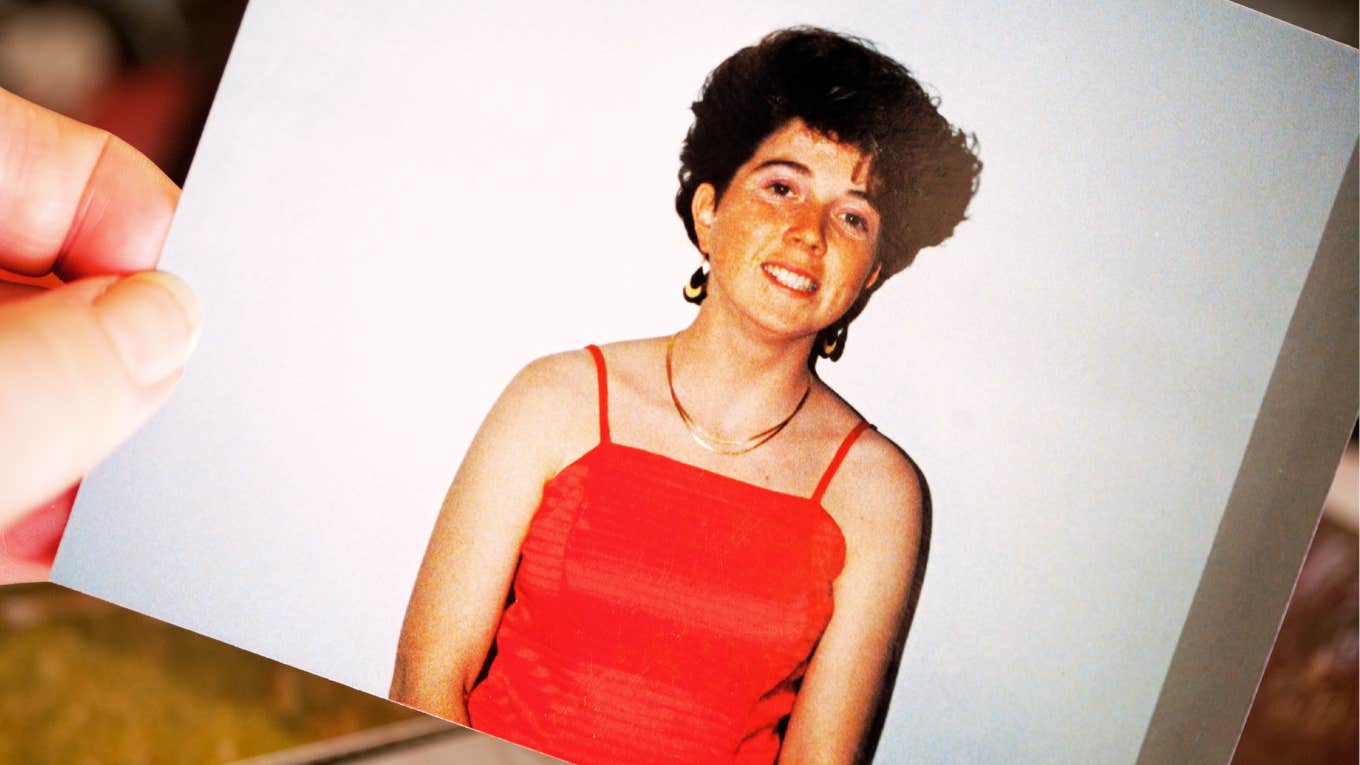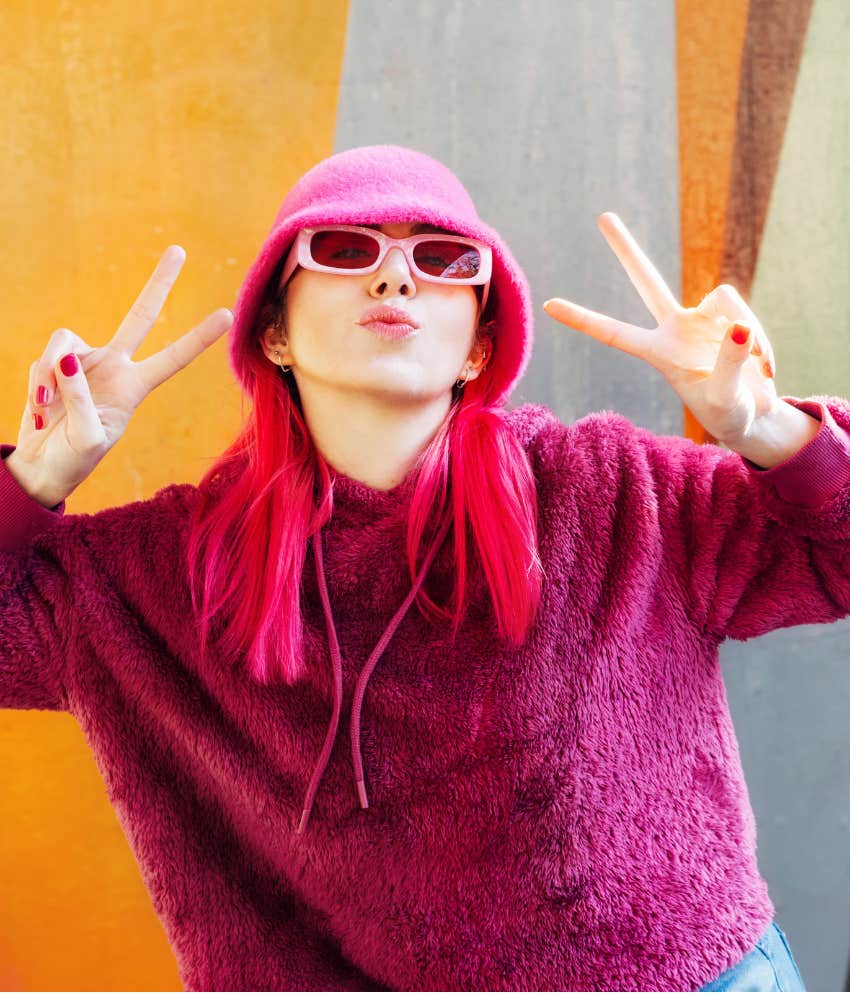My Millennial Idea Of ‘Cool’ Makes No Sense To Gen-Z — And Honestly, They're Not Wrong
For Millennials, popularity was mostly about falling in line.
 yellowsarah | Canva
yellowsarah | Canva Editor's Note: This is a part of YourTango's Opinion section where individual authors can provide varying perspectives for wide-ranging political, social, and personal commentary on issues.
Popularity, as a Millennial concept and a goal, always kind of fascinated me. I think it’s normal and common to want to be embraced by the community you’re in, especially as a kid. Growing up, being in the "in crowd" in high school was something you had to work for, it seemed. Looking back, I noticed a lot of things about being popular that were messed up, things that Gen-Z is now challenging, for good reason.
As a Millennial, it felt like there were prerequisites to be popular:
1. You had to have the right clothes
When Millennials were growing up, there were definite prerequisites to being popular. Being socially adept is one such thing, but honestly, popularity in school didn’t make much sense to me. As a high school student, I tried to quantify what made someone popular.
In middle school and college, you were nothing if you strayed from Abercrombie/Hollister. If you loved the goth aesthetic like I did, you'd better have a whole Hot Topic wardrobe. My parents didn’t get me that, so I had to kludge outfits together and save, often getting things that looked terrible because that was all I could afford. This stamped me out as "unwanted" in the preppy, clean-cut, conservative circles of my youth.
2. You had to fit in
 Artie Medvedev via Shutterstock
Artie Medvedev via Shutterstock
Once you were out, you were out. Maybe this is the developmental delay in me, but I’d freak out every time I wasn’t invited somewhere, not let in on an "inside joke," and more. The harder I tried to fit in, the worse it got. But it wasn’t just my terrible social skills and obsessive behavior that made me a loner. It was also the way things were back then, for lack of a better phrase.
3. You had to be good at something
If you weren't good at sports or cheerleading or drama (even if it was deemed 'nerdy,' there was a whole distinct popularity structure within the drama or choir department), you had to have wealthy parents. It always seemed to be one or the other.
Though sports and competitive attitudes drive high school popularity, Pew Research found, "a majority of Americans (62%) say they follow sports not too or not at all closely. Among this group, 69% say a major reason they don’t follow sports is that they’re just not interested."
4. You also had to have the right hair, skin, and nails
I swear it was like Attack of the Clones. You couldn’t step out of line. It was all blonde straight hair, or brown straight hair, with a tan.
5. You couldn’t be too weird
 Okrasiuk via Shutterstock
Okrasiuk via Shutterstock
Weird included anime, goth music, computer science, sci-fi, and most other things I liked at the time. If you did like those things, you kind of hid it.
If you look at that list, popularity and social acceptance were mostly about falling in line. You just couldn’t "be weird." You had to fall in line, have the right clothes, hide your flaws, and stand out in a socially acceptable way.
In high school, a lot of people would shame me and ask me, "Why can’t you just wear normal clothes?" as if that was OK. Like, they liked my personality, but they couldn’t see why I took offense to them shaming me for being myself.
How strange it is, I grew up yelling at people to stop putting me in a box, with them not realizing they were trying to force me into one to begin with. Such was life in the early 2000s. We've come a long way, and for the better. Good job, Gen-Z.
Ossiana Tepfenhart is a writer whose work has been featured in Yahoo, BRIDES, Your Daily Dish, Newtheory Magazine, and others.

